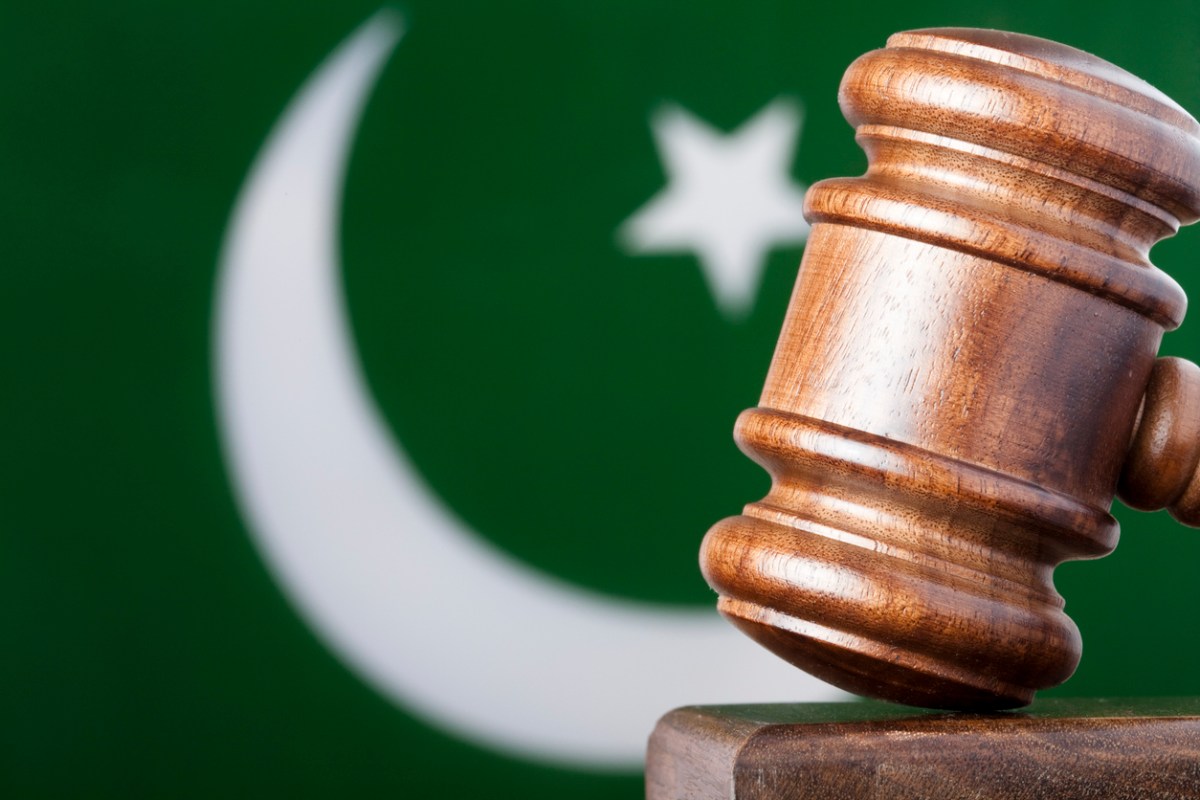
Pakistan has long been called a country that is ruled by the military – most countries have an army, it is said, in Pakistan’s case the army has a country. This fact that is well-known to most Pakistanis and those who follow the country, came to the forefront this week when in a letter to the Supreme Judicial Council on 25 March, six judges alleged that intelligence operatives have sought to interfere with legal proceedings, including the constitution of benches, in the Islamabad High Court.
The premier human rights watchdog, the Human Rights Commission of Pakistan (HRCP) in a statement expressed deep concern about these allegations of “interference and intimidation by the state’s intelligence agencies have undermined the independence of the judiciary.”
According to the HRCP, “the judges’ apprehension that such interference constitutes ‘a continuing policy’ on the part of the executive and that intelligence operatives have attempted to ‘engineer judicial outcomes in politically consequential matters’ is cause for serious concern. Equally troubling are revelations that judges’ relatives have been abducted and tortured, allegedly by intelligence personnel as a means of intimidation, and that judges have been subjected to illegal surveillance in their own homes.”
As the HRCP warned, “If judges of the higher courts are subjected to such blatant interference, then by extension, it is likely that the lower courts are even more vulnerable. Such authoritarian tactics have compromised the integrity of the legal system at the cost of people’s access to justice, which is at the core of the constitution.”
The HRCP noted its long-standing concern about “intelligence agencies’ continued interference in institutions. The intelligence services, which have wrought significant damage to the country’s institutions, must be brought under transparent civilian oversight by means of a new legal architecture. This must now be done urgently to strengthen democratic checks and balances.”
![]()





